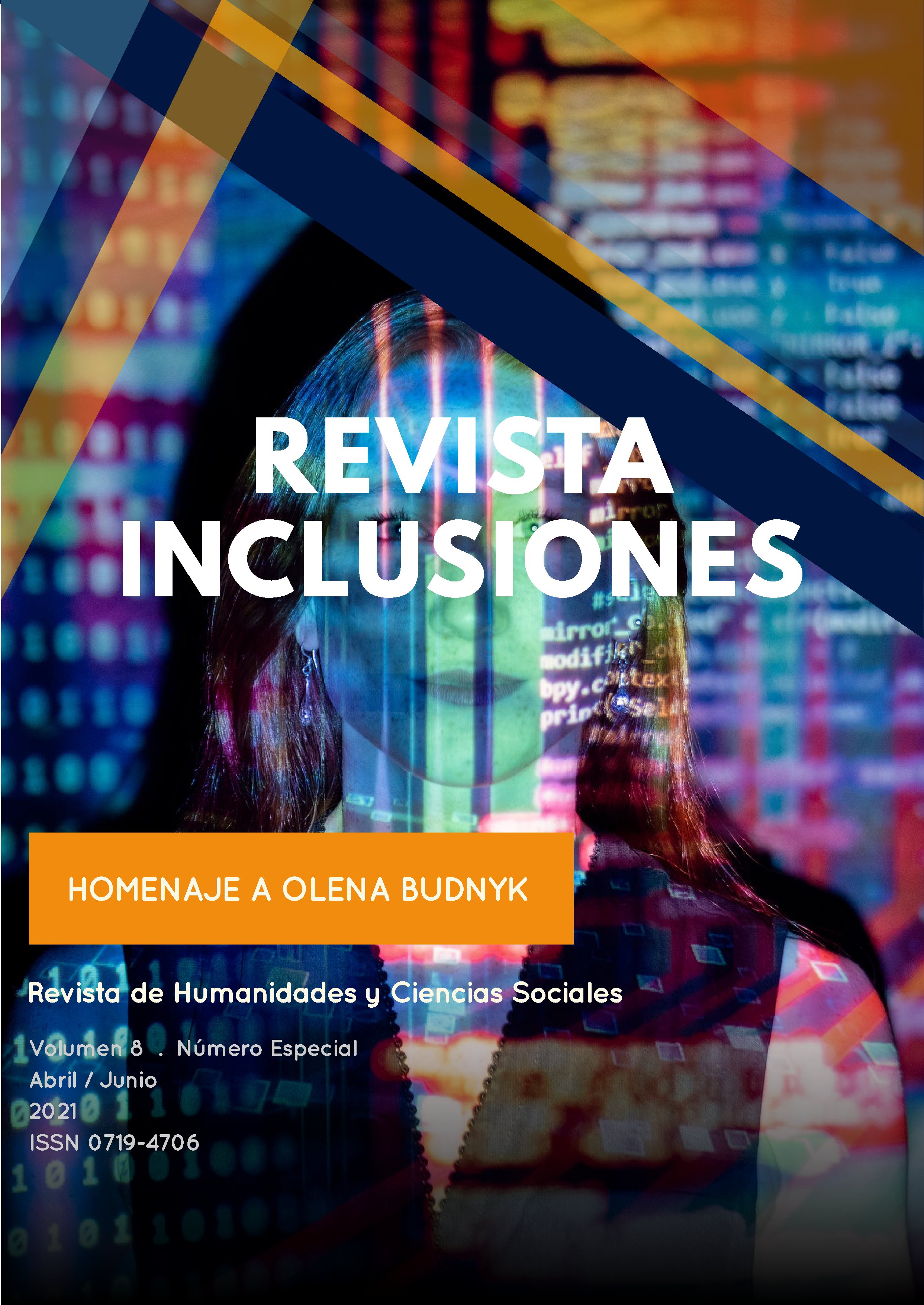MIGRATION AND ACCESS TO HUMAN RIGHTS IN FOZ DO IGUAÇU AND THE TRIPLE BORDER REGION BETWEEN BRAZIL, PARAGUAY AND ARGENTINA
Abstract
The purpose of this paper is to verify the impact that global migration has caused on the Brazilian
municipality of Foz do Iguaçu, in the state of Paraná, on the border with Paraguay and Argentina. It
tries to summarize the main migratory cycles in Brazil in the region since 2010 - Haitian and
Venezuelan - and their impacts on public policies and the reception of these populations in Brazilian
territory. It also presents laws and protocols drawn up in an attempt to identify vulnerabilities and to
ensure access to fundamental rights for the migrant population. The paper also tries to stimulate the
discussion about the challenges that these migratory flows present for the development of public
policies in the city, considering the particularities of being in a triple border region. Finally, the it makes
considerations about indigenous populations that live in the region of Foz do Iguaçu and their
particularities regarding migratory flows. The methodology used is a theoretical review on the themes
of migration, human rights, borders and territorialities.
Downloads
Published
How to Cite
Issue
Section
License

This work is licensed under a Creative Commons Attribution 4.0 International License.
Authors retain copyright and grant Revista Inclusiones the right of publication under Creative Commons Attribution 4.0 International (CC BY 4.0). This allows use, distribution, and reproduction in any medium, provided proper attribution is given to the author.











